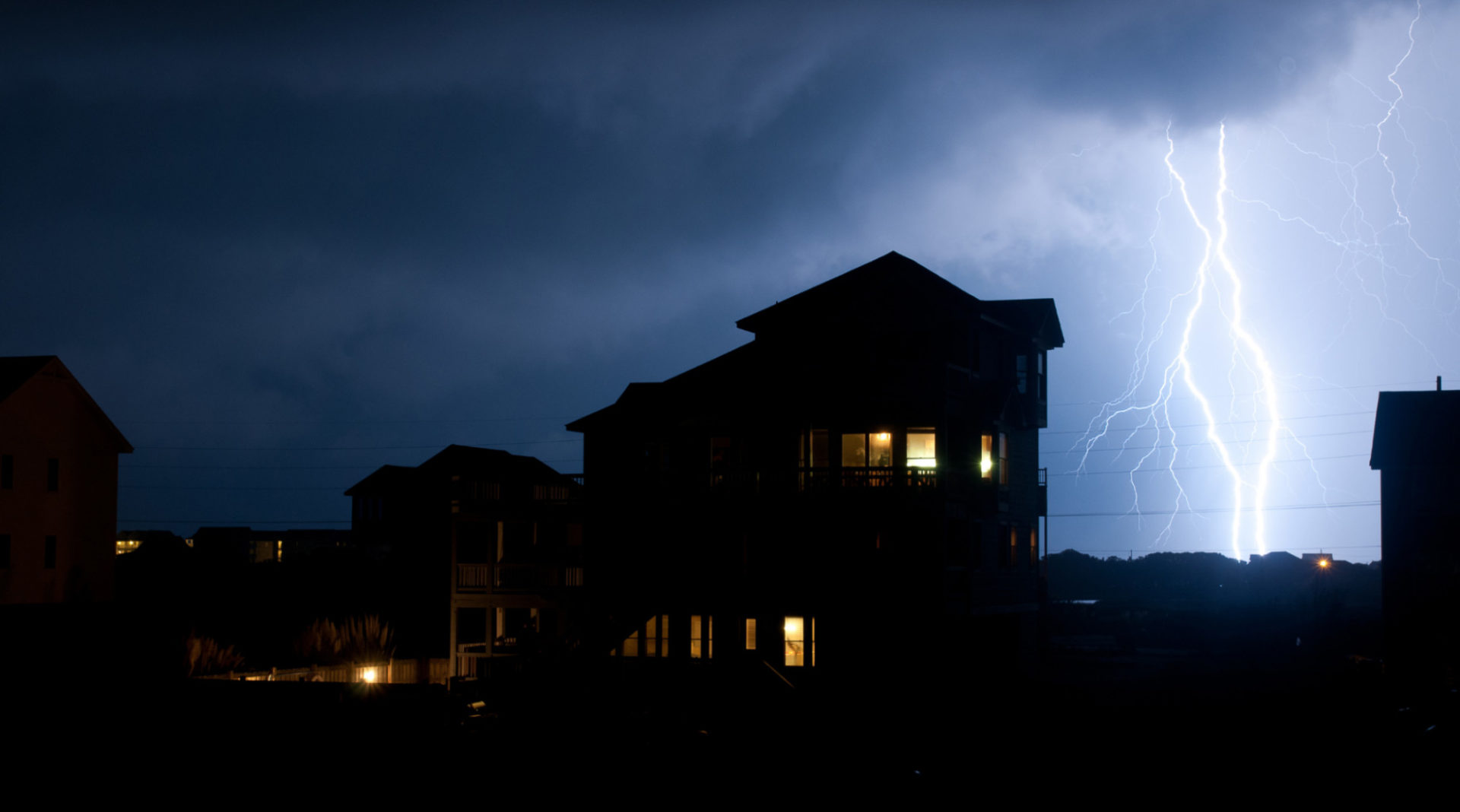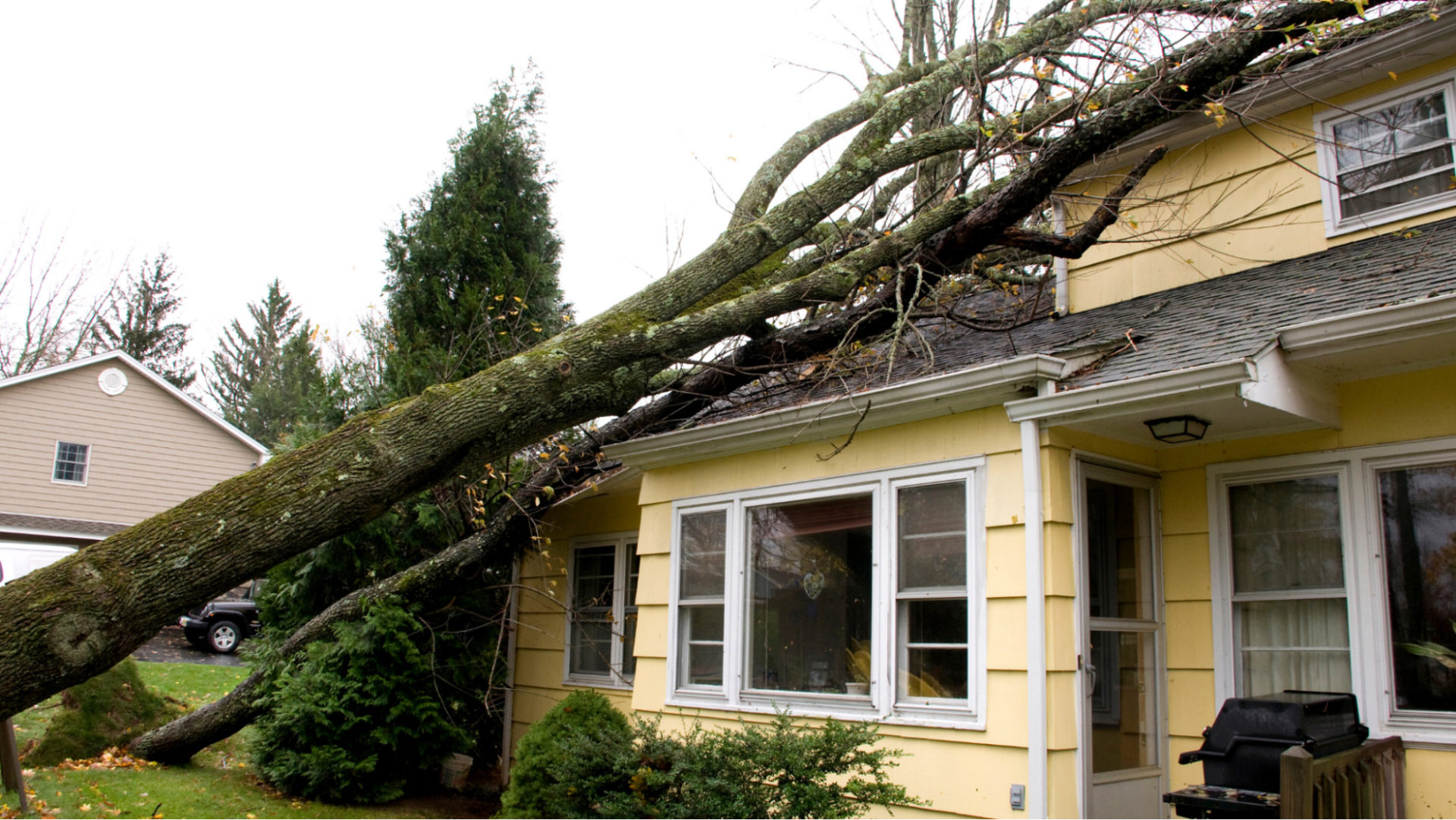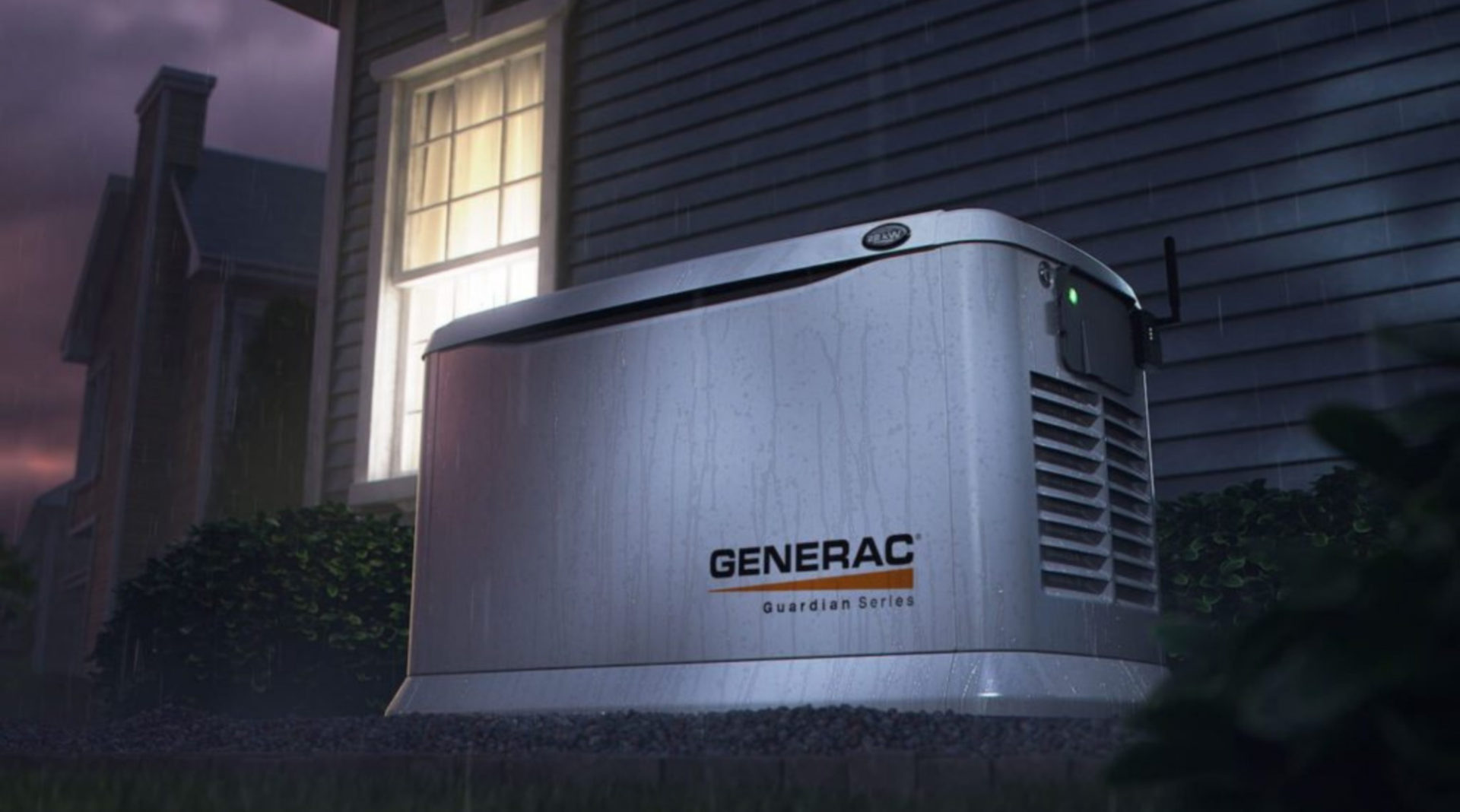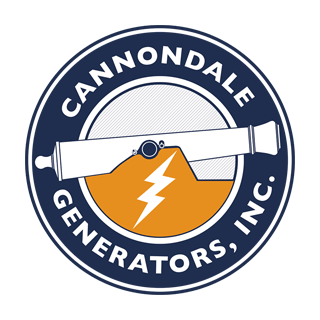
3 Things You Need to Do for Your Home After a Hurricane
Natural disasters like storms and hurricanes take a lot of preparation. From gathering supplies and planning for the worst-case scenario, it can be overwhelming to prepare your home for hurricane season.
However, all the preparation in the world means nothing if you don’t take the right precautions once the hurricane has passed. The storm might be over, but that doesn’t mean the danger is. Keep your loved ones safe after the storm by following our top 3 tips for post-hurricane home safety.
1. Be alert of outdoor hazards.
Floodwater, damaged buildings, and downed power lines: these are all very real and common dangers in the aftermath of a hurricane. Be alert when inspecting your home and its surroundings after a storm.
Floodwater can contain many things that could put you or your family at risk, including bacteria, chemicals, waste, and other contaminants that can make you sick. If you come into contact with flood water, be sure to wash your hands or use sanitizer.
If you leave your home to check on loved ones, get supplies, restock food, or anything else, be sure to only enter buildings that are determined to be safe by the authorities. Hurricanes can cause damage to the structure of buildings, making them unstable for patrons. If a house or building is making unusual noises after a storm, it could be a sign that the building is about to collapse.
Lastly, stay away from power lines. Fallen or hanging power lines can pose a serious electrical hazard. It is a good idea to assume these wires are ‘live’ and avoid anything they are touching such as fallen tree limbs, puddles, metal fences, and so on.
If you see downed power lines, call an electrical company like Eversource or dial 9-1-1 to get emergency personnel to inspect the situation.

2. Inspect your home for damage.
By far, the biggest danger in your home after a storm are your electrical appliances. Give them all a check for any power damage. If any devices are still plugged in, turn off the power at the main break in your home to prevent short circuiting or worse, a fire.
It is also especially important to check your home’s carbon monoxide detector during this time. If the power went out during the storm and you used an alternative source of fuel or electricity, CO could potentially build in your home or garage. In fact, according to the CDC, more than 400 people die in the U. S. from accidental, non-fire related CO poisoning every year.
This is why our team at Cannondale Generators personally handles the installation of your generator. By having qualified technicians choose the perfect size generator, the right fuel source, and the best generator installation location for your home, you can rest easy knowing that your generator was installed far enough away from your home to prevent carbon monoxide poisoning.
Consider also checking your outdoor property for damage and debris, such as broken branches, strewn trash or recycling bins, and more. If you have a home standby generator, you’ll want to be sure to keep the area around it clear.
3. Check your home standby generator.
The lifespan of your home standby generator may vary depending on its size, but you can expect somewhere between 700 and 1500 hours of use. Depending on the length of the storm, your generator oil will likely need to be replaced and maintenance will have to be performed to check the oil and propane levels.
When generators are running for a long period of time, they may go through a great deal of oil. To prevent your unit from not working in a future emergency, be sure to check your oil levels and either replace the oil yourself or call a technician to do it for you.
Similarly, propane needs to be replenished after use to be sure that the tank has enough fuel in it to support the generator’s fuel needs during a power outage. You can keep a closer eye on your generator’s propane levels by investing in remote monitoring tools like MobileLink or OmniMetrix.
Cannondale Generators is specifically equipped to service your generator after a storm and ensure that your home generator is in good condition and safe for future use. You can contact us at 203-762-2608 or request a service visit on our website.

Keep your family safe with a preparation guide
This hurricane season and every one after, we want you to be ready for the worst so you can keep your family safe. Don’t let storm alerts stress you out ever again.
We’ve put together a comprehensive Hurricane Preparation Guide to help you prepare for the worst hurricanes and storms with our pre- and post-storm checklists. From home safety essentials to your standby generator maintenance, we’ve got you covered.
Stay five steps ahead of Mother Nature and download our Hurricane Prep Guide today!


